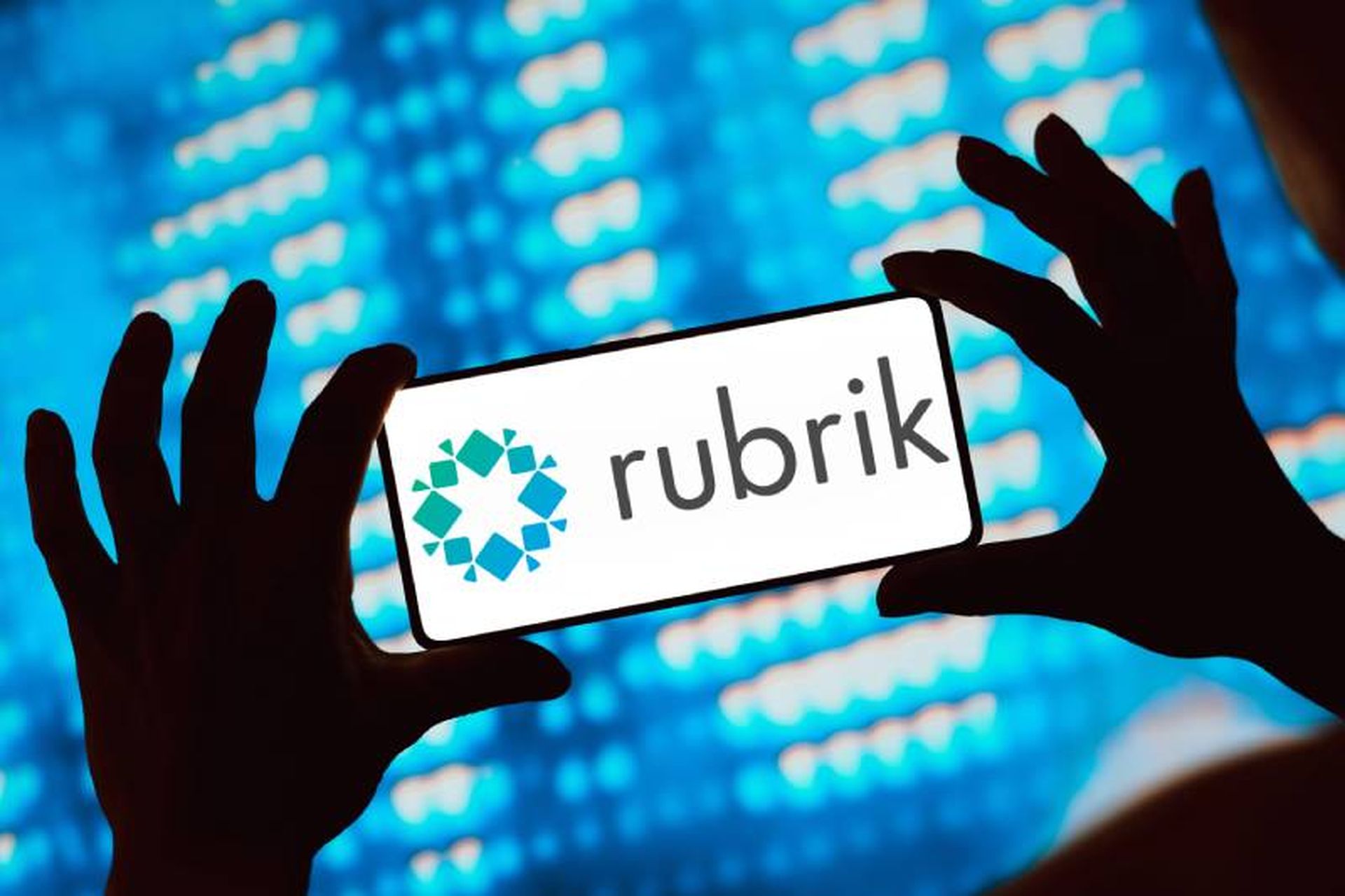
In recent years, the mantra of "shift left" has become increasingly popular in cybersecurity, especially application security, advocating for the early integration of security practices into the software development lifecycle. While this approach has its merits, it also poses significant challenges, particularly when it comes to aligning the priorities of security teams with those of development and engineering teams.
Developers are constantly under pressure to deliver new features and functionalities, often working within tight deadlines and competing priorities. In this environment, security considerations can easily become an afterthought, leading to vulnerabilities and potential breaches down the line.
On the other hand, security teams need to build and deliver more security programs while leaving room for future security incidents in which they might need to respond.
People in our industry often think that by simply shifting security responsibilities to the left—placing them earlier in the development process—organizations can address these challenges effectively. However, it’s a far more nuanced reality.
Teams can’t just implement a set of predefined rules or guidelines. It requires a deep understanding of the application and infrastructure landscape, as well as the ever-evolving threat landscape. While developers play a crucial role in writing secure code, they may lack the expertise and context needed to make informed security decisions.
And that’s where the concept of "meeting in the middle" comes into play. Rather than expecting developers to bear the full burden of security responsibilities, security teams must collaborate closely with engineering teams to bridge the gap between development and security.
By working together, security pros can offer developers the guidance, tools, and resources they need to integrate security best practices into their workflows effectively. This may involve conducting security code reviews, offering training on secure coding practices, or integrating security testing tools into the development pipeline.
However, effective collaboration between security and development teams requires more than just technical solutions: it requires a cultural shift. Organizations must foster a culture of shared responsibility and accountability, where they view security as everyone's responsibility, rather than just the purview of a dedicated security team.
In addition to cultural considerations, the right tools are essential for supporting a collaborative approach to security. Decision-support capabilities play a crucial role in letting teams make informed security decisions based on comprehensive data analysis and real-time insights.
These decision-support tools offer engineers baselines and code remediations that let them address security issues proactively. By offering actionable recommendations and insights, engineers can prioritize their efforts effectively and implement security best practices without disrupting their workflow.
Furthermore, decision-support software lets security and development teams work together seamlessly, fostering a culture of collaboration and mutual support. Rather than viewing security as a hindrance to productivity, engineers can see it as an integral part of the development process, enhancing the overall security posture of the organization.
While the "shift left" approach has its place in modern software development, we must complement it with a collaborative and nuanced security approach. By meeting in the middle, security and development teams can ensure that security gets integrated seamlessly into the development process without sacrificing speed or agility. With the right tools and culture in place, organizations can effectively balance security and development priorities, mitigating risks and delivering secure, high-quality software.
Shira Shamban, co-founder and CEO, Solvo




